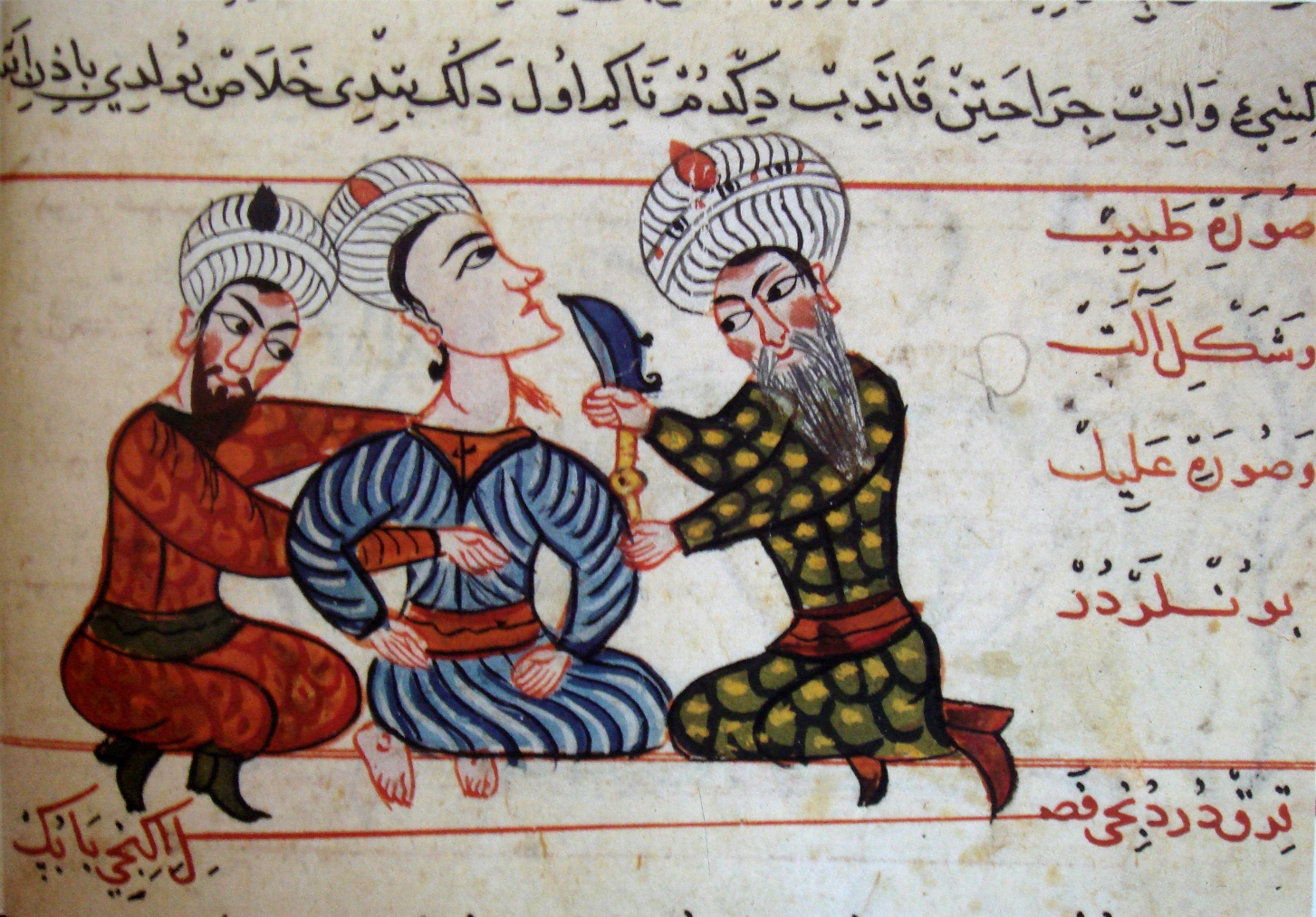The Humanities Are Not In Crisis: Two Writers Whose Pens Shape the Arab World

I just got back from MLA 2016, the annual Modern Language Association conference in which every year (every city) you’ll hear a variation of this same question at least five times a day: Are the humanities still relevant? That is, of course, the general anxiety that underwrites so many of the incredible panels one encounters at MLA (of which I’m a proud member). That question underwrites, too, so many of the budget cuts from humanities departments at universities across the country. Sure, it’s a valid question. Though every time I hear it, I can’t help but cringe a little. It reeks of insularity. Have you read what’s coming out of the Arab world right now? I thought when I heard that question again this year. That’s mostly what’s on my mind these days. Are you seeing what these writers are doing with the written word?
Two writers I’m really keen on right now are Mona Eltahawy and Asif Mohiudden, whose work challenges the status quo of religious society and laws in the Middle East. Both writers have come under attack from religious hardliners because of the their work, which serves as an intellectual affront to the fundamentalism, misogyny, and violent ideology that, in a phrase used by Eltahawy, have spread like a cancer across the Middle East.
Eltahawy explores this idea in her newest book, Headscarves and Hymens: Why the Middle East Needs a Sexual Revolution in which she chronicles her path toward feminism by examining her life living between Egypt, the UK, and Saudi Arabia. She vividly examines the many ways in which Islam has been used to not only stymy women both intellectually and physically but also impose a fraught existence, full of danger and injustice for half of the religion’s followers—women. The book grew out of her now famous essay in Foreign Policy, “Why Do They Hate Us?” Eltahawy argues that there’s a rift between the core values of Islam and the way it’s practiced, and while religion might have much to do with it, the onus is also on the rest of us as well. Eltahawy argues that Westerners can’t have so much respect for the other to the point of overlooking the violation of human rights.
It’s actually in that very same vein that I became interested in the Bangladeshi blogger, Asif Mohiudden, while traveling with my wife in Germany. The Bangladesh secularist blogger, who now resides in northern Germany, was recently profiled in The New York Times for having been stabbed multiple times in an attempt on his life for the work he contributed online as part of Bangladesh’s “Free Thinker” movement, which advocates for a more secular society. Months later, while recovering from the attack, Mohiudden was arrested by Bangladeshi police on the insistence of Hefajat-e-Islam, a religious group that threatened to protest in Mohiudden’s home city of Dhaka if he, along with three other popular secular bloggers, weren’t arrested. It was in this way that Mohiudden found himself imprisoned for his writing which directly attacks Islamic fundamentalism and its spread at a time when Boko Haram, ISIS, and even Mohiudden’s hometown police are clamping down on dissenters with a draconian level of violence.
Naturally, part of what interests me in these writers is some of the intersectionality between the practice of writing in the Arab world and the practice of writing in Latin America. As I’ve discussed in this space before, that task can oftentimes mean life or death. And even more interestingly, the conversations can be remarkably similar. In Mohiudden’s defense of secular thinking, I see Rubén Espinosa’s critical lens, which saw through the bloated dialogue of an increasingly corrupt Mexico. In Mona Eltahawy’s writing, I see glimmers of Giaconda Belli’s first book, The Inhabited Woman, which raised gender issues at a crucial time in the Nicaraguan revolution.
The work of Mohiudden and Eltahawy, along with many other writers like them, might just be the key to dismantling and confronting fundamentalism head-on, with letters no less. That writing is stymied because it’s dangerous to the status quo (and even now, there’s hard evidence to support that). And in the larger context of what we’re seeing–the spread of ISIS, the Syrian refugee crisis, the aftermath of the Arab spring–the fact that writing is shaping (or striking a nerve) in the dialogue of the Arab world makes those letters more relevant than not.
Are the humanities in crisis? I’d ask the bigger question: Have you seen how it’s changing everything?

